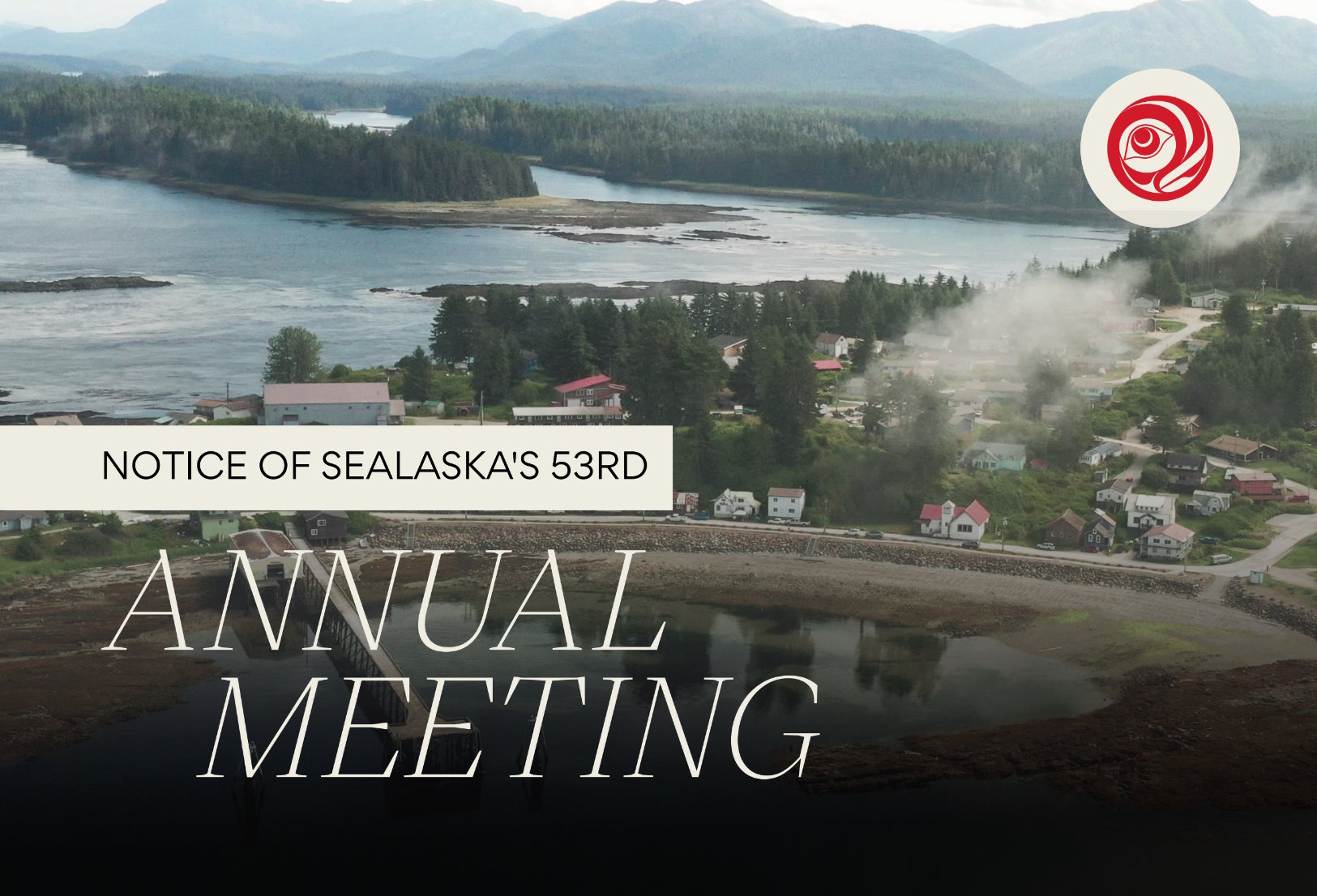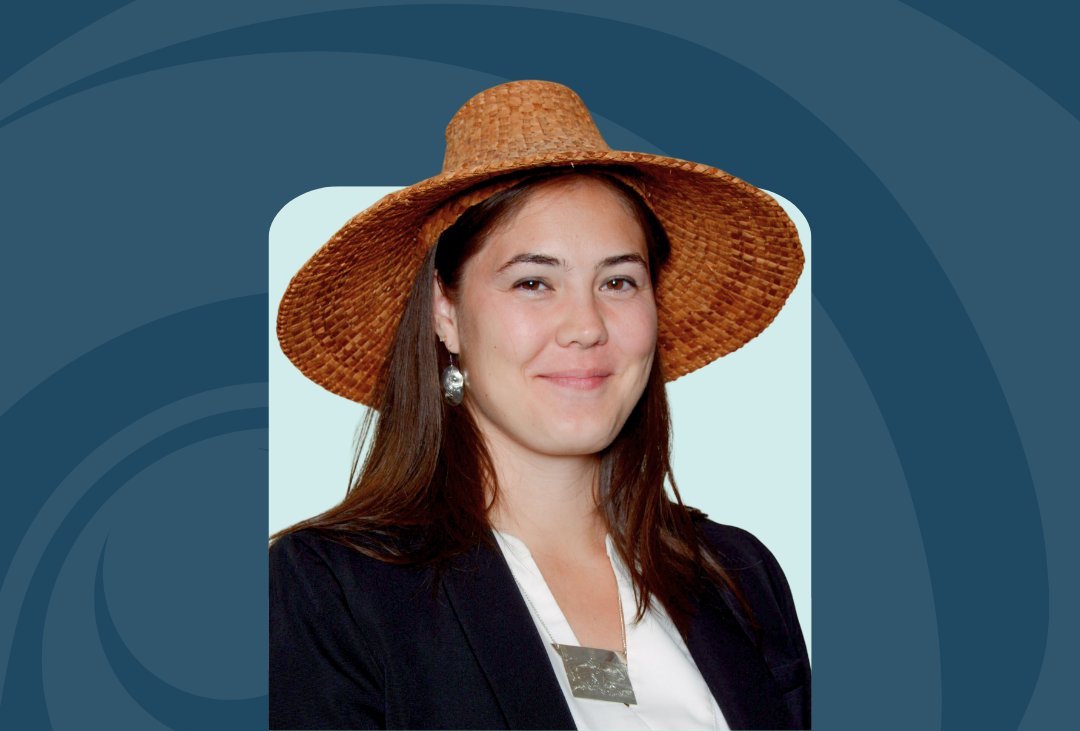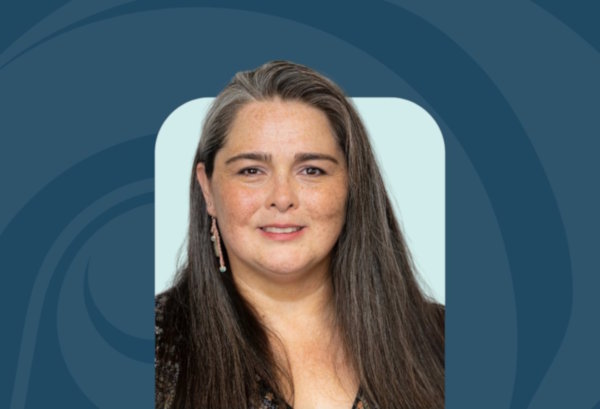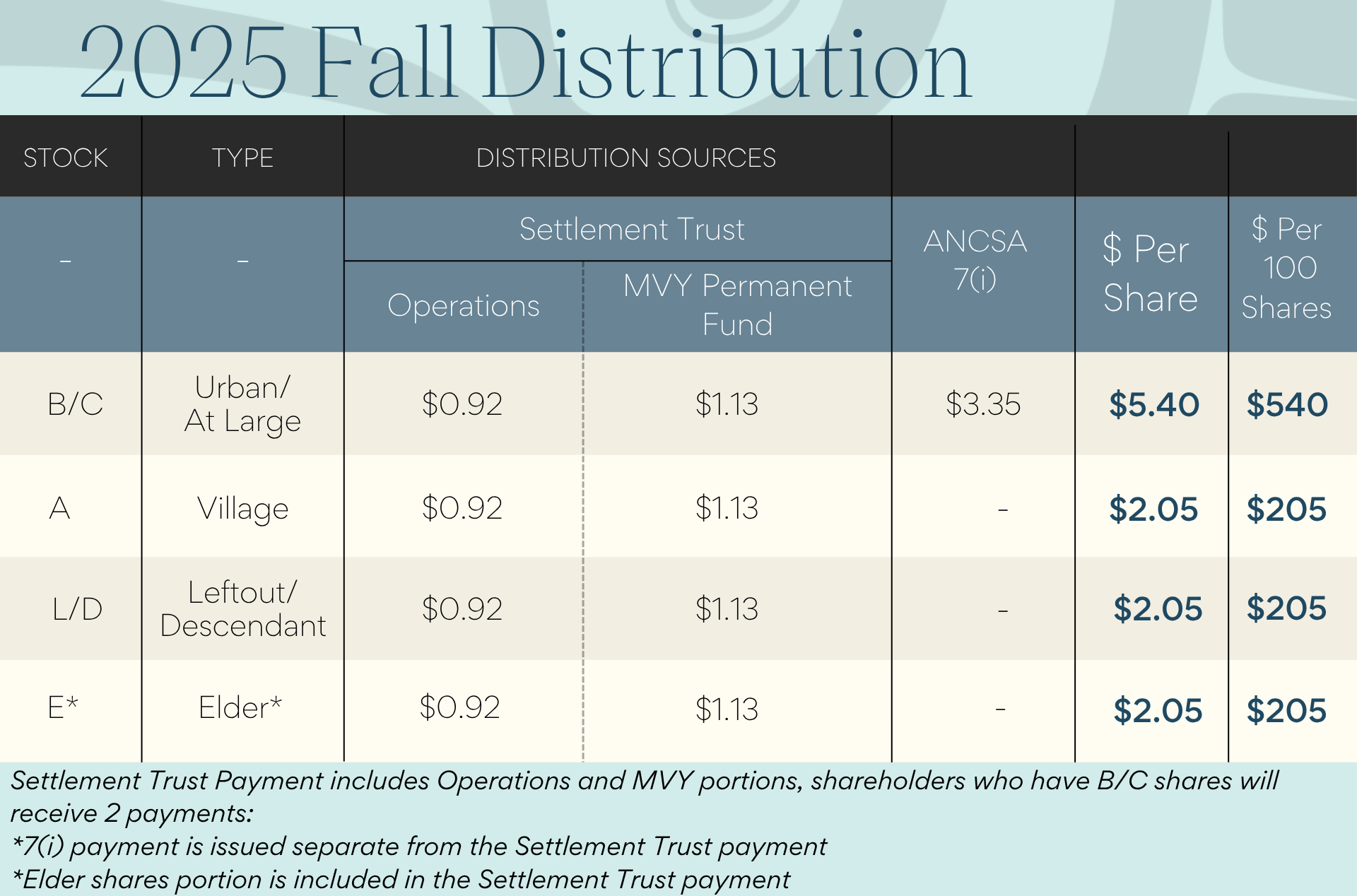Sealaska Deploys $1.28 Million for COVID-19 Relief
Thursday, July 23, 2020

Sealaska’s emergency allocation of $1.28 million to assist tribes and other organizations serving shareholders and descendants in Southeast Alaska and beyond is at work in communities, providing groceries and assistance with utilities and other expenses for Elders, feeding schoolchildren and vulnerable families, providing jobs and much more.
The Sealaska board of directors approved the COVID-19 emergency relief and recovery funding in early April. About $600,000 was distributed immediately to organizations like the Blood Bank of Alaska and Capital City Fire/Rescue as well as all 19 of the federally recognized tribes in Southeast Alaska. The funding helped address immediate needs, and due to its unrestricted nature, was crucial in plugging gaps in the social safety net ripped wide open by the coronavirus pandemic.
The remainder of the money — another $500,000 — has been distributed since April to organizations in the places with the highest concentration of shareholders: Southeast Alaska, Anchorage and Seattle.

“We are thankful for the tribes, nonprofits and emergency service personnel who are always working the front lines,” said Chairman Joe Nelson. “At Sealaska, we are always looking to forge and maintain meaningful partnerships to better serve our communities.”
In Sitka, Sealaska funding flowed through Sustainable Southeast Partnership (SSP) to help ensure children and families who normally rely on free and reduced-price meals from public schools didn’t go hungry when the Sitka School District’s program ended June 30. The school meals program normally serves around 300 Sitka schoolchildren per day. When the pandemic hit, demand shot up to 400 kids per day.
A collaboration between a number of Sitka organizations including SSP, the Sitka Conservation Society, Sitka Tribe of Alaska, Youth Advocates of Sitka and Sitka Legacy Foundation quickly mobilized to figure out a way to continue meal service through July and August. Their efforts led to the identification of a program partner in Wasilla called Kid’s Kupboard, which took the lead as the program sponsor so a U.S. Department of Agriculture Summer Food Service Program could be established for those months. Despite their best efforts, however, it became apparent there would be a gap of several days between when the school district’s program ended and the new program could begin.
Although three days may not sound like much, it is a big gap for hungry kids, said Chandler O’Connell, the SSP community catalyst for Sitka. O’Connell said they were also concerned because the food was being distributed from a new location and under different circumstances.
“We had a couple of concerns with the transition,” she said. “It was a new site and a new model, and we didn’t want to lose people or have any gaps in service. That’s where we turned to the Sealaska funding.”

Sealaska’s contribution was what is known as unrestricted funding, meaning it can be used for whatever the recipient organization needs. O’Connell said the Sealaska funding helped the team create a “welcome day” to the new program and conduct outreach to families who rely on the free meals. Families who came to the welcome-day event were sent home with grocery bags packed with healthy food like bread, eggs, milk, and peanut butter and jelly, helping bridge the three-day gap and generate a little fun and excitement in the process. Each bag also included a free day pass to the Sitka Sound Science Center so kids could participate in a socially distanced outing.
“What was so great about it was it was flexible and allowed us to turn a challenge into an opportunity and serve a big cross section of our community,” O’Connell said. “We were able to look around our community, see what everyone else was doing and identify the gaps that needed filling. This was a gap Sealaska helped us to fill.”
Down in Washington state, where the United States’ first case of coronavirus was identified in late January, the Washington state chapter of the Central Council of Tlingit and Haida Indian Tribes of Alaska saw a huge increase in the number of calls and emails to its volunteer board members as the pandemic and stay-at-home orders took hold.
Joey Ketah represents more than 5,600 tribal members as president of the Washington chapter. Her organization quickly created a committee to help distribute the $15,000 it received from Sealaska, then designed an application for assistance and did a ton of personal outreach to tribal members to ensure Elders, in particular, were aware of the program and knew how to apply. Soon they were mailing Fred Meyer gift cards to tribal members to help cover groceries and household necessities.
Committee members mailed out more than 1,000 postcards to Elders to ensure they were aware of the opportunity and made hundreds of phone calls. “If an Elder didn’t have access to a computer, we filled out the application for them online,” Ketah said.
One of the volunteers who has been most involved is Cindy Leask, the Washington chapter’s enrollment and membership chair. Because of all the direct outreach to tribal members, the Washington chapter has been able to update tribal citizen records and has located many people who thought they were enrolled who weren’t. They’ve also heard from a lot of tribal members interested in donating money to expand the impact of the grants.

“I have to give great kudos to the committee,” Ketah said. “They’ve been working their tails off. Every application was looked at, every application had a response and if there was some information missing they were helped to complete it. They’ve been very diligent about following through on all the details, and it’s connected a lot of people to our chapter and helped at a time of great need.”
The Washington chapter has now distributed two rounds of food assistance grants. In Anchorage, the local chapter of the Central Council of Tlingit and Haida Indian Tribes of Alaska also made grants to tribal members that were available for groceries as well as to cover the cost of utilities or rent.
A full list of the organization that received Sealaska aid through the emergency funding allocation is online. For more information about Sealaska’s response to the pandemic, please visit https://sealaska.com/news/coronavirus-updates/.
Photos credit of the Sustainable Southeast Partnership.
Latest News
Notice of Sealaska's 53rd Annual Meeting of Shareholders
Pinned - Posted 2/12/2026The 2026 Sealaska Annual Meeting of Shareholders will be held on Saturday, June 27, in Angoon, Alaska. This year’s meeting will take place at the Angoon Elementary Gym, located at 500 Big Dog Salmon Road, Angoon, AK 99820.
Sealaska Welcomes Madeline Soboleff Levy
Posted 2/7/2026Sealaska welcomes Madeline Soboleff Levy as our new Vice President of Policy and Corporate Affairs.
Online Notary Service for Stock Wills
Posted 1/28/2026Sealaska is pleased to welcome Heather Shá xat k’ei Gurko
Posted 12/17/2025Sealaska is pleased to welcome Heather Shá xat k’ei Gurko as our new Director of Shareholder Communications.














